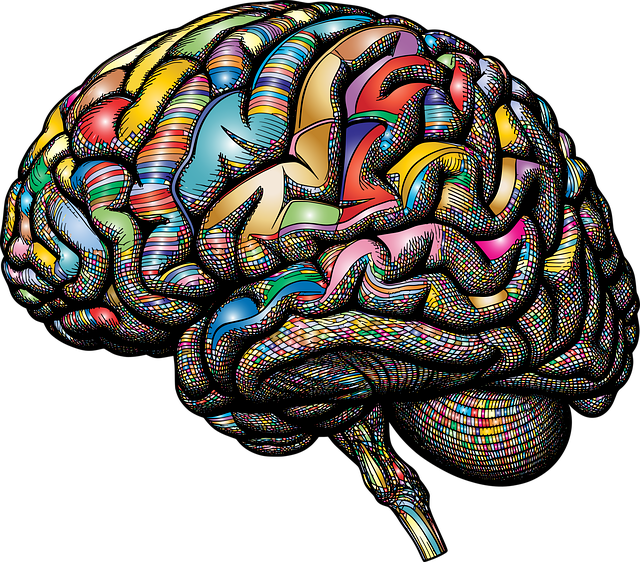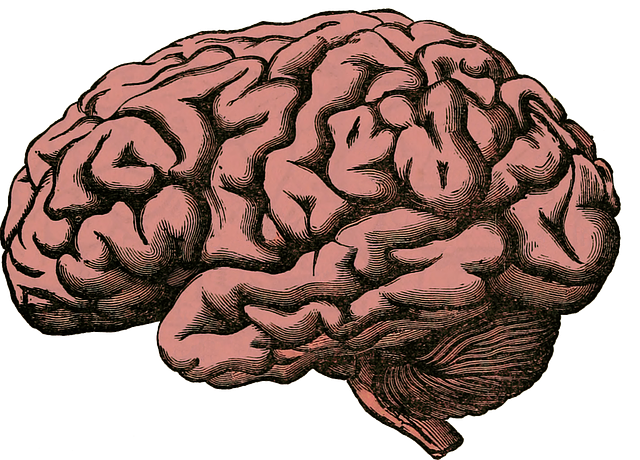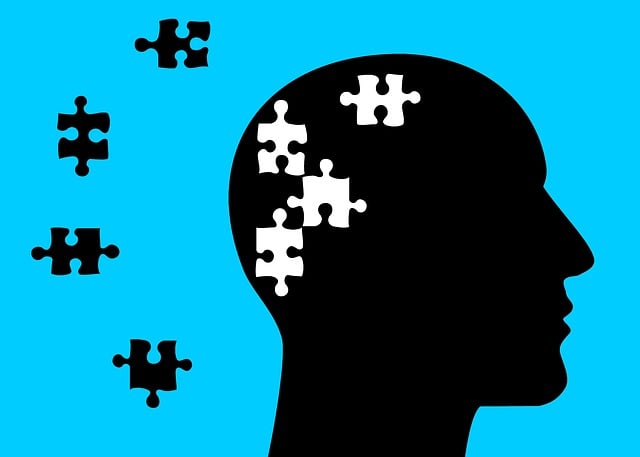Westminster Mandarin Chinese Speaking Therapy is a pioneering initiative addressing cultural competency gaps in healthcare, especially within diverse communities. Through specialized training, mental health professionals learn effective communication skills tailored to Mandarin Chinese speakers, enhancing trust and improving patient outcomes. Interactive workshops, case studies, and multimedia elements from their Mental Wellness Podcast Series combine to reduce stigma and foster inclusive practices, ultimately strengthening community ties and promoting better mental health care.
Healthcare provider cultural competency training is essential in today’s diverse society. As populations become more homogeneously mixed, effective communication and understanding between patients and healthcare professionals are crucial. This article explores these needs, highlighting the unique contribution of programs like Westminster Mandarin Chinese Speaking Therapy in enhancing cultural sensitivity. We’ll delve into strategies for designing effective training programs to improve cultural competency skills among healthcare providers.
- Understanding Cultural Competency in Healthcare: A Need for Diverse Communication
- The Role of Westminster Mandarin Chinese Speaking Therapy in Enhancing Cultural Sensitivity
- Designing Effective Training Programs: Strategies for Improving Cultural Competency Skills
Understanding Cultural Competency in Healthcare: A Need for Diverse Communication

In today’s diverse healthcare landscape, cultural competency is no longer a nice-to-have but an essential requirement. It involves understanding and appreciating the cultural differences that shape how individuals access and perceive health services. At Westminster Mandarin Chinese Speaking Therapy, we recognize that effective communication is key to providing quality care. When healthcare providers can engage with patients from diverse backgrounds, it fosters trust, enhances treatment adherence, and improves overall patient outcomes.
Cultural competency requires a nuanced approach to communication, where therapists and medical professionals learn to adapt their methods to suit the unique needs of each individual. This might involve incorporating cultural references, respecting traditional healing practices, or simply using plain language to ensure understanding. For example, developing public awareness campaigns that resonate with different cultures can bridge the gap between communities and healthcare services, promoting mental health awareness and self-esteem improvement initiatives.
The Role of Westminster Mandarin Chinese Speaking Therapy in Enhancing Cultural Sensitivity

Westminster Mandarin Chinese Speaking Therapy plays a pivotal role in enhancing cultural sensitivity within healthcare settings, particularly in diverse communities where Mandarin Chinese speakers may face unique challenges. With a deep understanding of the cultural nuances and language barriers, this initiative ensures that mental health professionals are equipped to provide effective support. The therapy program offers valuable training in cross-cultural communication, enabling practitioners to better assess and address the specific needs of their Mandarin Chinese-speaking patients.
By integrating Westminster Mandarin Chinese Speaking Therapy into their practices, healthcare providers gain crucial skills for conducting thorough risk assessments, especially in cases involving anxiety relief and crisis intervention guidance. This specialized training allows professionals to navigate complex cultural landscapes, fostering a safe and supportive environment for individuals seeking mental health services. It ultimately contributes to improved patient outcomes and stronger community engagement.
Designing Effective Training Programs: Strategies for Improving Cultural Competency Skills

Effective cultural competency training programs for healthcare providers require a structured and holistic approach. At Westminster Mandarin Chinese Speaking Therapy, we understand that navigating diverse cultural backgrounds can significantly impact patient care. Therefore, our training initiatives focus on interactive workshops, case studies, and role-playing scenarios to foster empathy and critical thinking. By combining theoretical knowledge with practical exercises, participants gain the skills needed to communicate effectively across cultures.
Incorporating strategies from the Mental Wellness Podcast Series Production can enhance these programs. Engaging multimedia elements, such as videos and podcasts, allow for dynamic learning experiences. Additionally, incorporating real-life patient narratives and expert interviews can provide valuable insights into cultural nuances. Such inclusive methods not only improve healthcare providers’ cultural competency skills but also contribute to Mental Illness Stigma Reduction Efforts, creating a more inclusive and caring healthcare environment.
Healthcare provider cultural competency training is an evolving field that requires continuous learning and adaptation. As demonstrated by initiatives like Westminster Mandarin Chinese Speaking Therapy, integrating diverse communication strategies into care plans enhances cultural sensitivity and improves patient outcomes. By designing effective training programs centered around real-world scenarios, we can foster more inclusive healthcare environments. These efforts ultimately ensure that all patients receive respectful, culturally competent care, regardless of their linguistic or cultural backgrounds.













